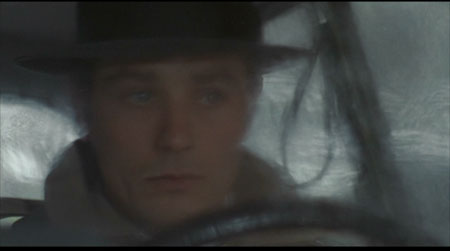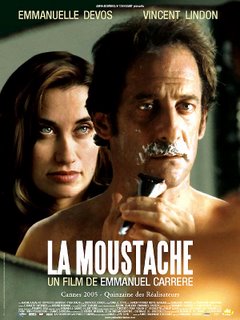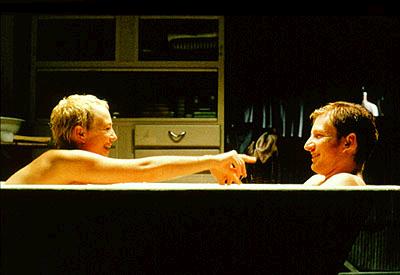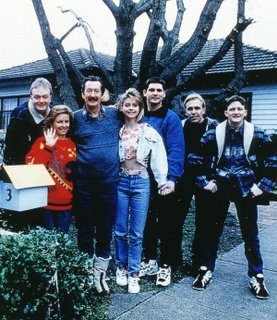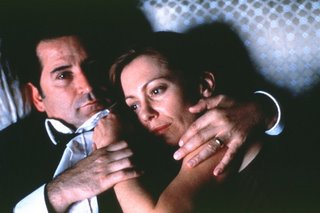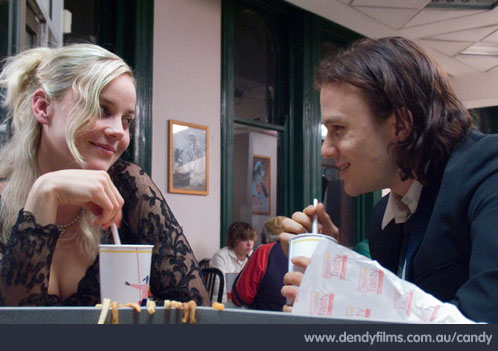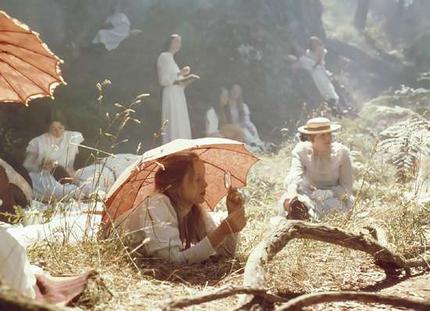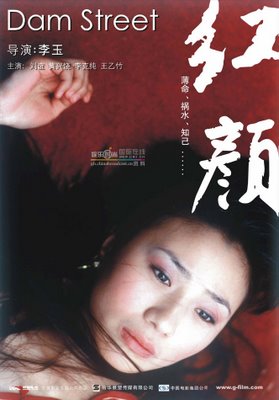 Dam Street, directed by Li Yu 2005.
Dam Street, directed by Li Yu 2005.I really wasn't sure what to expect going into this film. All I knew was that the director was a woman and that's rare in America, much less China. I was curious to see an Asian film from a female's perspective and thankfully my choice to see Dam Street was a good one.
It is not uncommon for Asian cinema to focus their stories on a main female character, however it is quite uncommon for that female character to only interact with men on a most peripheral level. While there are men in the film, Dam Street chooses to keep its focus on Xiaoyun and the relationships she has with her mother, her sister, and the neighborhood kid 'troublemaker' Xiaoyong.
I prefer to leave the specifics of the narrative out of this review because, not only does the film cover such a long period of time in these characters lives (so much so that the film itself periodically resorts to intertitles to advance the plotline) but it also contains little twists and turns that would be a shame to ruin for anyone who might end up seeing the film. If you're dying to know the specifics of the plot, there is a review by variety.com that seems to go into much greater detail in that regard.
Some would consider the story to be fairly standard fair, but I believe the film is much more about what is going on beneath the surface than what occurs purely from a point by point narrative basis. And again, the types of concerns that are considered in the film may have been done before, but how many people can say that they have seen it done from a woman's perspective?
Overall not only is it an entertaining film that will make you laugh, but it is a highly beautiful film. Beauty can be such a subjective thing, especially when it comes to cinema, but I personally guage beauty on whether or not there are images that will stay ingrained in my mind for life. Dam Street has several of these moments. One particular scene is a long take of Xiaoyun making her way down a street. As she does she passes by a bikecart that has been overturned, leaving all the fish it was carrying strewn across the ground. As Xiaoyun makes her way past two men frantically try and put the fish back in the cart, yet they haven't bothered to set it upright again, ultimately causing a never ending cycle of the fish immediately wiggling back out the cart they had just been thrown into. It is both a funny and touching scene. It is a scene that I think sums up the film.
*** and a half stars.


